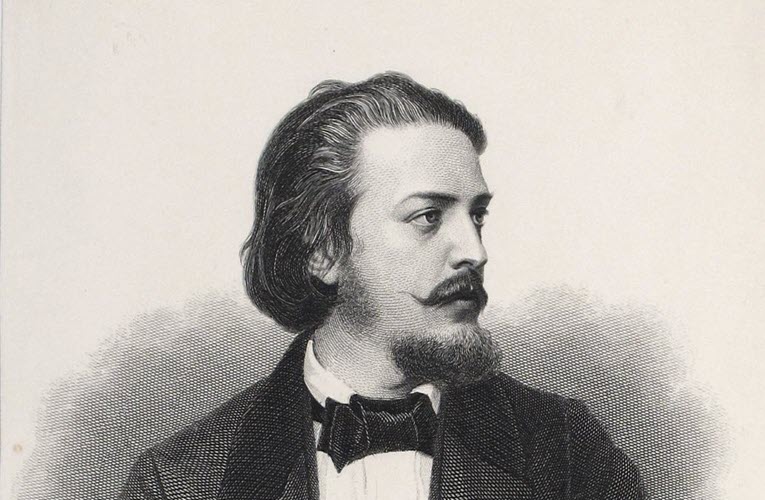Paul Heyse: A Literary Luminary of German Realism

Paul Heyse (15 March 1830 – 2 April 1914) was a German writer and translator who is best known for his poetry, novels, and plays. He received the Nobel Prize for Literature in 1910.
Life and Career
He was born on 15 March 1830, in Berlin, Germany. He received a classical education in his youth, studying Greek and Latin. He later attended the University of Berlin, where he studied classical philology, philosophy, and Romance languages.
Heyse was particularly interested in Italian literature, and he spent several years in Italy studying and immersing himself in Italian culture. His experience in Italy greatly influenced his writing and his translations of Italian literature into German.
Heyse’s early works were influenced by Romanticism, but he later turned to realism and naturalism. He was one of the leaders of the “Young Germany” movement, which sought to challenge the conservatism of the German literary establishment.
His best-known works include the novel “L’Arrabbiata” (1871), the play “Mary of Magdala” (1873), and the novella “The False Nun” (1858). He was also a prolific translator, and his translations of Italian literature into German helped to popularize the works of Dante, Petrarch, and other Italian writers in Germany.
Heyse was also interested in the theater, and he wrote several plays throughout his career. Despite his success as a writer, Heyse also worked as a professor of Romance languages at the University of Berlin for many years, and he was a respected scholar in his field. He was later appointed to the Prussian Academy of Sciences and the Bavarian Academy of Fine Arts in recognition of his contributions to literature and culture. He died on 2 April 1914, in Munich, German Empire.
Award and Legacy
In 1910, Heyse was awarded the Nobel Prize in Literature “for his incredible talent and idealism as a poet, dramatist, novelist, and writer of world-renowned short stories.”
Observer Voice is the one stop site for National, International news, Sports, Editor’s Choice, Art/culture contents, Quotes and much more. We also cover historical contents. Historical contents includes World History, Indian History, and what happened today. The website also covers Entertainment across the India and World.

